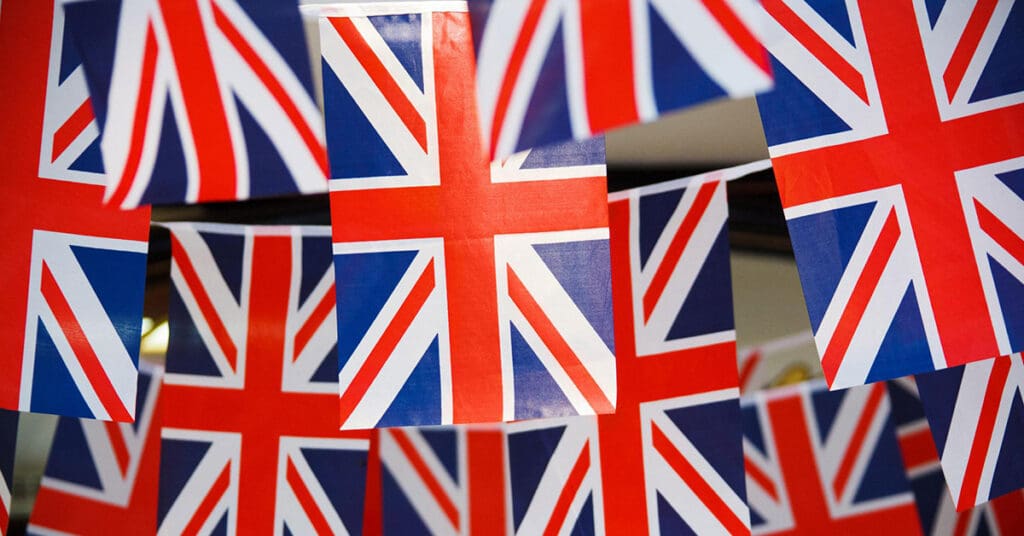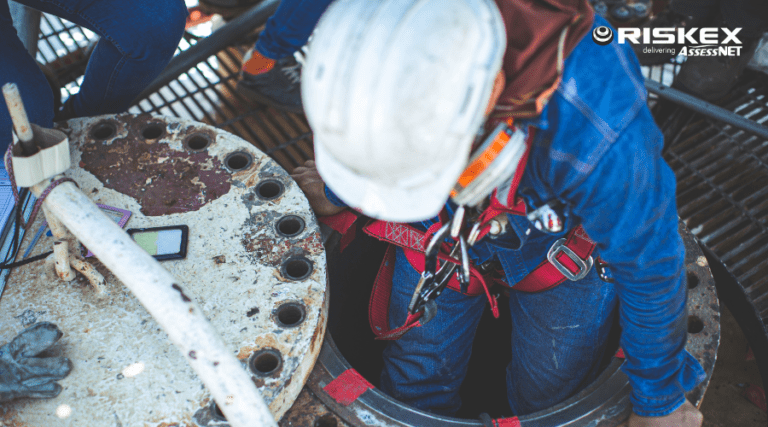Use this handy guide to enjoy a safe street party with your neighbours
In celebration of the Queen’s Platinum Jubilee, many communities will be coming together for the long bank holiday weekend, 2nd to 5th June 2022 for The Big Lunch. Whether you already have a street party planned with your neighbours, or would like to join in more spontaneously, here are some vital safety tips to consider so you can all relax and celebrate in style.
Here’s what the London Borough of Havering have advised their local residents:
It is always a good idea to think about the possible risks that could cause injury to people attending your party. Although you do not need to have a formal risk assessment, you should think about how you can minimise things going wrong and having a back-up plan is vital to ensuring success.
These hints and tips are designed to give you an idea of some of the most common hazards, together with ways you can ensure that they are controlled safely. If you need more detailed advice and guidance on health and safety issues, you should visit The Health and Safety Executive (HSE) website.
General
It is advisable to familiarise yourself with who has access to a phone so that the emergency services can be called as quickly as possible if needed. Make sure there are no sharp projections on which somebody, including small children, may hurt themselves.
Ensure that all trip hazards (such as cables, ropes, etc) have been removed as far as possible. Make sure competent people are responsible for various activities. This applies particularly to tasks such as making sure any electrical equipment is safe, looking after the bouncy castle and running the barbecue.
Use safe equipment; any equipment you use must be in a safe condition and suitable for the purpose you are going to use it for. Make sure everyone who may be affected by the event knows what is planned and is happy with it, e.g., date and duration of the event, any road closures, increased noise etc.
Make sure that you have carefully looked at your activity and made sure that the risk of somebody hurting themselves has been reduced to a minimum by removing dangerous objects or placing them out of reach of the public, displaying warning signs, training staff, etc.
Noise
Hopefully, everyone in your area will be attending your event so there won’t be anyone to disturb. However, due to various reasons, not everyone may want to party or hear other people partying throughout the night.
If there are residential properties nearby here are a few handy hints to try to ensure that everyone has a night to remember.
Notify any near neighbours of your event, the time it will finish and a name and mobile telephone number for them to contact if they are disturbed by it. Carry out regular checks outside your event to ensure that noise is not causing any disturbance to nearby residents, if it is then turn down the volume. The level of noise acceptable in the middle of the afternoon might not be as acceptable at 7 o’clock at night. Therefore, make sure the music level is lowered later in the evening when children or other local residents might be trying to get to sleep.
Ensure that partying does not carry on outside the area of your event and that partygoers consider neighbouring residents when they leave.
Barbecues
The biggest risk with barbecues is that people may be pushed against them in crowded conditions.
Consider using a table between crowds and the barbecue. A responsible adult should be in charge. Remember to keep barbecues away from flammable or explosive articles such as canvas awnings and gas cylinders.
Electrical safety
All electrical equipment should be safe and in good working order. All electrical work should be done by a competent electrician. Extension cables shouldn’t run across the road or pavement where they can be tripped over or damaged. If you can’t avoid this, you should protect the cables using purpose-made rubber strips. You can normally buy these in most large DIY shops.
Electrical equipment used outside must be protected by a 30mA RCD (circuit breaker) and be suitable for outdoor use. RCDs are cheap to buy and can be found in most DIY shops.
Make sure all electrical equipment is not used near any sources of water. Think about how you will protect electrical equipment if it rains.
Make sure you know how to turn off the power supply if needed in an emergency situation.
Generators
Check that it has an integral circuit breaker, it is earthed and that it is sited in a well-ventilated and dry area. Remember a generator gets hot, so ideally you should use barriers to stop people from getting too close. If you have to refuel your generator, make sure it is switched off and cool before doing so.
Gas cylinders and equipment
All equipment should be in good working order and all connections must be correctly secured. Use only flexible hoses that are not cracked. Test for leaks if necessary, using soapy water and look for bubbles.
Store spare cylinders upright and in such a way that they won’t get knocked over and where they are away from heat and flames. Make sure gas rings and burners are not near any flammable materials such as awnings.
Fire
If there is a fire, make sure the Fire Brigade is called immediately and get people away from the area. Remember, you will need to move barriers to let the fire engines into your street. Only try to fight the fire yourself if it is small and you can do so without increasing the risk to yourself or others.
If gas cylinders are involved do not throw water over them. Tell the Fire Brigade the number and location of the cylinders. If the fire is near to homes where you know somebody is in, alert them to the fire if it is safe to do so.
Bouncy castles
Hire from a reputable company and make sure it is inflated, anchored and used according to their advice. Make sure that test and insurance certificates are current. Make sure that a responsible person is in charge at all times, and that they have enough helpers.
Fence off the pump, generator and any anchor points to prevent trips and tampering. Users must remove shoes, glasses and any hard or sharp objects that they are carrying or wearing.
Don’t allow it to become overcrowded, stop any horseplay and separate older, more boisterous children from younger ones.
Adults should only be allowed on to assist small children. Under no circumstances allow adults on if they appear to have been drinking alcohol. Don’t allow anyone to bounce on the front apron/ step, or to climb or hang on outside walls.
Using ladders
If you are using ladders or stepladders to put up bunting, flags or other decorations, follow these rules to avoid accidents.
Make sure the ladder is in a safe condition, that the ground is firm, level and not slippery, and that you use that ladder for short jobs only (around 30 minutes). Do not overreach sideways – move the ladder if necessary. Don’t carry heavy or awkward objects up the ladder.
With a straight ladder
- Lean it against a secure resting point (not a plastic gutter). Ask someone to hold the bottom of the ladder.
- Have it at the correct angle of 1 in 4.
- Don’t work off the top 3 rungs – these provide a handhold and not a foothold!
- Keep 3 points of contact with the ladder while working (2 feet and 1 hand).
With stepladders
- Open fully and use locking devices.
- Don’t work off the top 3 steps unless you have a safe handhold on the steps.
Alcohol
If you have alcohol at your event, it is important to ensure those under 18 years of age do not drink alcohol in a street. It is an offence under the terms of the Confiscation of Alcohol (Young Persons) Act 1997.
If you are selling alcohol, it is an offence not to have the relevant licence. For example, if there is a pub in your road closure area, they are not allowed to sell alcohol to be consumed outside of the pub, unless it is already allowed on premises licence. The landlord will know what they can and can’t do.






